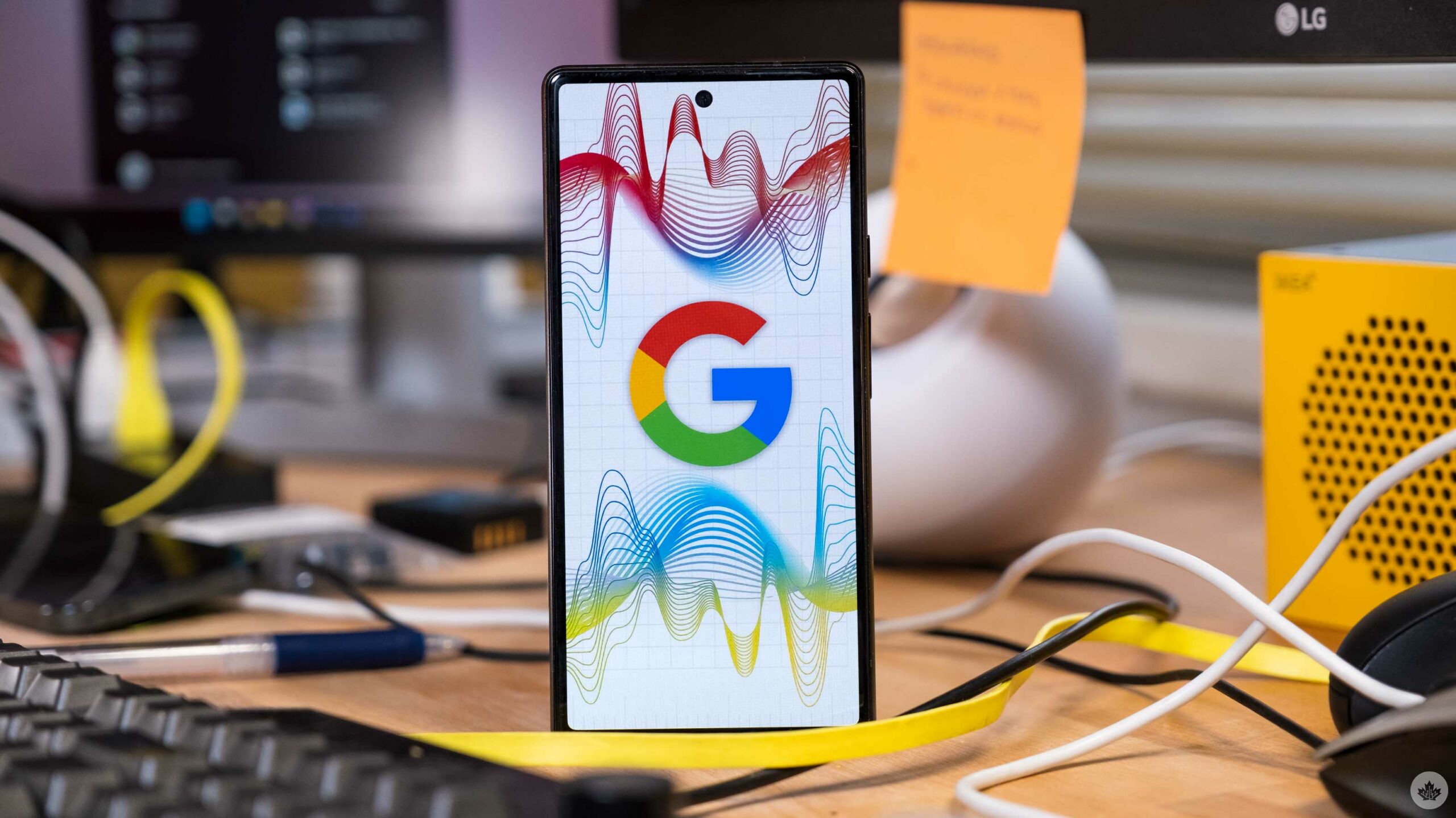
Google unveiled its ChatGPT competitor Bard in early February. At the time, the company said that its AI chatbot would go public in the coming weeks.
Now, Google is opening up limited access to Bard in the U.S. and the U.K., as shared by CEO Sundar Pichai on Twitter, and you can join the waitlist here. According to Google, the rollout for Bard will be slow, and the company did not provide a date for a wider rollout.
‘Bard’ will be able to answer user inquiries and participate in conversations in a human-like manner, similar to how ChatGPT functions. The service is powered by LaMDA, with which the chatbot would be able to interact with users to explore complex topics, collaborate in real-time and provide new and creative ideas.
We're expanding access to Bard in US + UK with more countries ahead, it's an early experiment that lets you collaborate with generative AI. Hope Bard sparks more creativity and curiosity, and will get better with feedback. Sign up: https://t.co/C1ibWrqTDr https://t.co/N8Dzx1m0fc
— Sundar Pichai (@sundarpichai) March 21, 2023
“Bard seeks to combine the breadth of the world’s knowledge with the power, intelligence and creativity of our large language models,” wrote Google in its initial press release. “Bard can be an outlet for creativity, and a launchpad for curiosity, helping you to explain new discoveries from NASA’s James Webb Space Telescope to a 9-year-old, or learn more about the best strikers in football right now, and then get drills to build your skills.”
However, the company also warns that Bard is an early experiment that is intended to help people boost their productivity, but it is not a tool that is meant to replace its search engine, considering that similar to ChatGPT, Bard might also display inaccurate or offensive information.
It’s worth noting that in an early demo of Bard, the chatbot already shared inaccurate information. In a blog post by Google CEO Sundar Pichai, an example of the chatbot’s capabilities was shown off. When asked, “What new discoveries from the James Webb Space Telescope can I tell my 9-year-old about?” the chatbot shared three simple-to-understand points, one of them being that “JWST took the very first pictures of a planet outside of our own solar system.” JWST did not take the very first picture of an exoplanet. The first image of an exoplanet was taken back in 2004, by the VLT (Very Large Telescope), stationed in Cerro Paranal, Antofagasta, Chile, while the JWST only became operational in 2022.
In a statement given to The Verge about Bard’s inaccuracy, a Google spokesperson said, “This highlights the importance of a rigorous testing process, something that we’re kicking off this week with our Trusted Tester program. We’ll combine external feedback with our own internal testing to make sure Bard’s responses meet a high bar for quality, safety and groundedness in real-world information.” Hopefully, Google has fixed the issues with Bard, and going forward, it won’t make such blatant mistakes.
Source: @sundarpichai
MobileSyrup may earn a commission from purchases made via our links, which helps fund the journalism we provide free on our website. These links do not influence our editorial content. Support us here.


